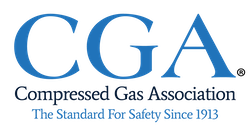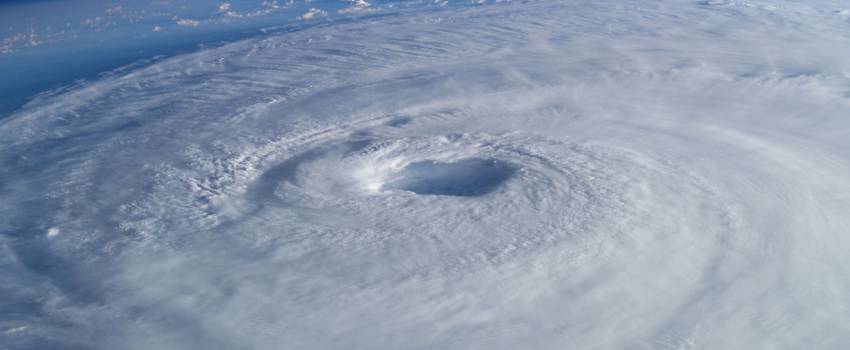Handling and Receiving Cylinders After Exposure to Hurricanes & Other Natural Disasters
The 2023 Hurricane season is underway. Given the severe nature of these storms, we wanted to highlight for all CGA members two CGA safety alerts that focus on handling and receiving cylinders that have been exposed to natural disasters.
These safety alerts are available to all and may be downloaded for free from the CGA portal (no login required):
CGA SA-30, Safety Alert: Handling Cylinders After Natural Disaster Exposure
CGA SA-31, Safety Alert: Receiving Cylinders After Natural Disaster Exposure
“If you encounter cylinders that have been damaged or submerged in floodwaters, or otherwise impacted by Hurricane Ida and its aftermath, refer to these CGA Safety Alerts for guidance, and contact emergency responders or the cylinder supplier for further instruction.”
Compressed gas cylinders contain a variety of products that can present a range of hazards such as flammability, oxidizers, toxicity, asphyxiation, and more. The cylinder contents are also stored under pressure, which can cause the contents to leak if the container or related equipment is damaged.
Natural disasters such as hurricane, flooding, tornado, fire, and earthquake can result in exposing a cylinder to a variety of hazardous conditions that include floodwater submersion; impact from debris; exposure to foreign contaminants like mud, sewage, and oil or grease; damage from falling, etc. The devastation caused by these events can result in damaged gas cylinders and related equipment, which can affect their integrity and safe operation.
Cylinders that are damaged or leaking can pose serious hazards.
CGA Safety Alerts SA-30 and SA-31 provide recommended practices for handling and receiving cylinders that have been exposed to a natural disaster event such as hurricane and flooding.
If you encounter cylinders that have been damaged or submerged in floodwaters, or otherwise impacted by Hurricane Ida and its aftermath, refer to these CGA Safety Alerts for guidance, and contact emergency responders or the cylinder supplier for further instruction. Cylinders with obvious significant damage or that are leaking should only be addressed by emergency responders with HAZMAT training or by the cylinder supplier.


